The 1930s
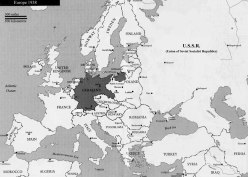
The 1930’s was characterised by a massive worldwide failure of Capitalism which had led to stock market collapse, the Great Depression and extreme alternatives being put in place which polarised Political conflict.

The 1930’s was characterised by a massive worldwide failure of Capitalism which had led to stock market collapse, the Great Depression and extreme alternatives being put in place which polarised Political conflict.

The 1930’s kicked off in 1929. The election that year set the tone for the next ten. Politically, with the Great Depression to the forefront of peoples minds and the Global Financial collapse, it seemed to many like the final proof of the ultimate collapse of Capitalism.
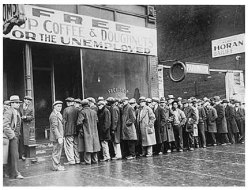
The Minority Labour Government of Ramsey MacDonald was set on following the traditional Tory route to tackling the issues of the depression and this had caused the Party to split and an open coalition with the Tories.

The General Election of November 1935 was a test of the voters reaction to four years of National Coalition. Four years of united Government with National Liberal and National Labour leaders going along with and giving credibility to a massive Tory majority.
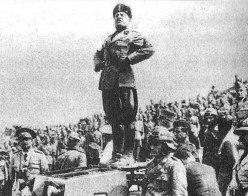
In 1922 Benito Mussolini seized power in Rome and introduced the world to Fascism – an authoritarian and brutal dictatorship. Fascism meant suppression of Working Class organisation at home and a lust for Empire building and Military expansion abroad.
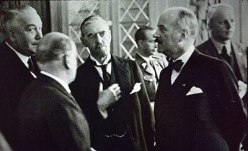
Although a system of collective security had been set up, the ‘League of Nations’ was toothless and by the 1930’s had singularly failed to intervene in key military conflicts from Manchuria to Abyssinia. Some people saw ‘Appeasement’ as meaning ‘jaw jaw is better than war war’ .
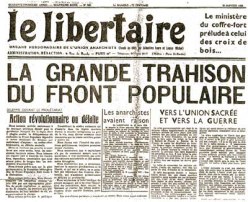
One strategy of fighting back against Fascism was the formation of ‘Popular Front’ Governments. This involved alliances of ‘Progressive’ parties from the left and centre of the political spectrum. In 1934 such a front was assembled in France consisting of Socialists, Communists and Radicals.
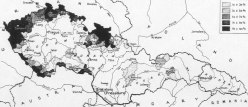
In 1938, Czechoslovakia was a multi-ethnic liberal democracy consisting of Czechs, Slovaks, Germans, Hungarians and Ruthenians including a sizeable Jewish and Roma population. They had been an independent Nation for only 20 years.
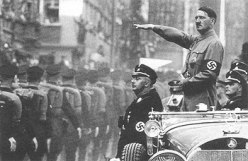
In 1938 German pressure on Austria led to that country giving into Hitler’s demands and accepting an ‘Anschluss’ – Union with Germany. Austria was a German speaking country but had never been ruled from Berlin. Now its absorption into the Third Reich meant Czechoslovakia was being surrounded on three sides. At the the final Nuremburg rally on September 12th 1938 Hitler turned his attacks towards the Czechs and their President Benes.
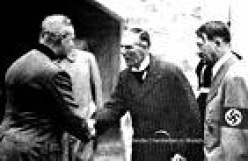
At a Conference held in Munich in September 1938, Britain, France, Germany and Italy met to discuss what to do about the crisis in Czechoslovakia. The Czechs weren’t invited.